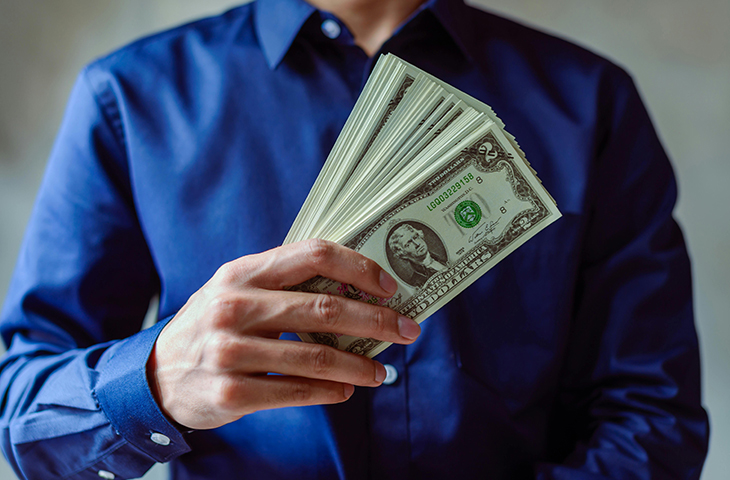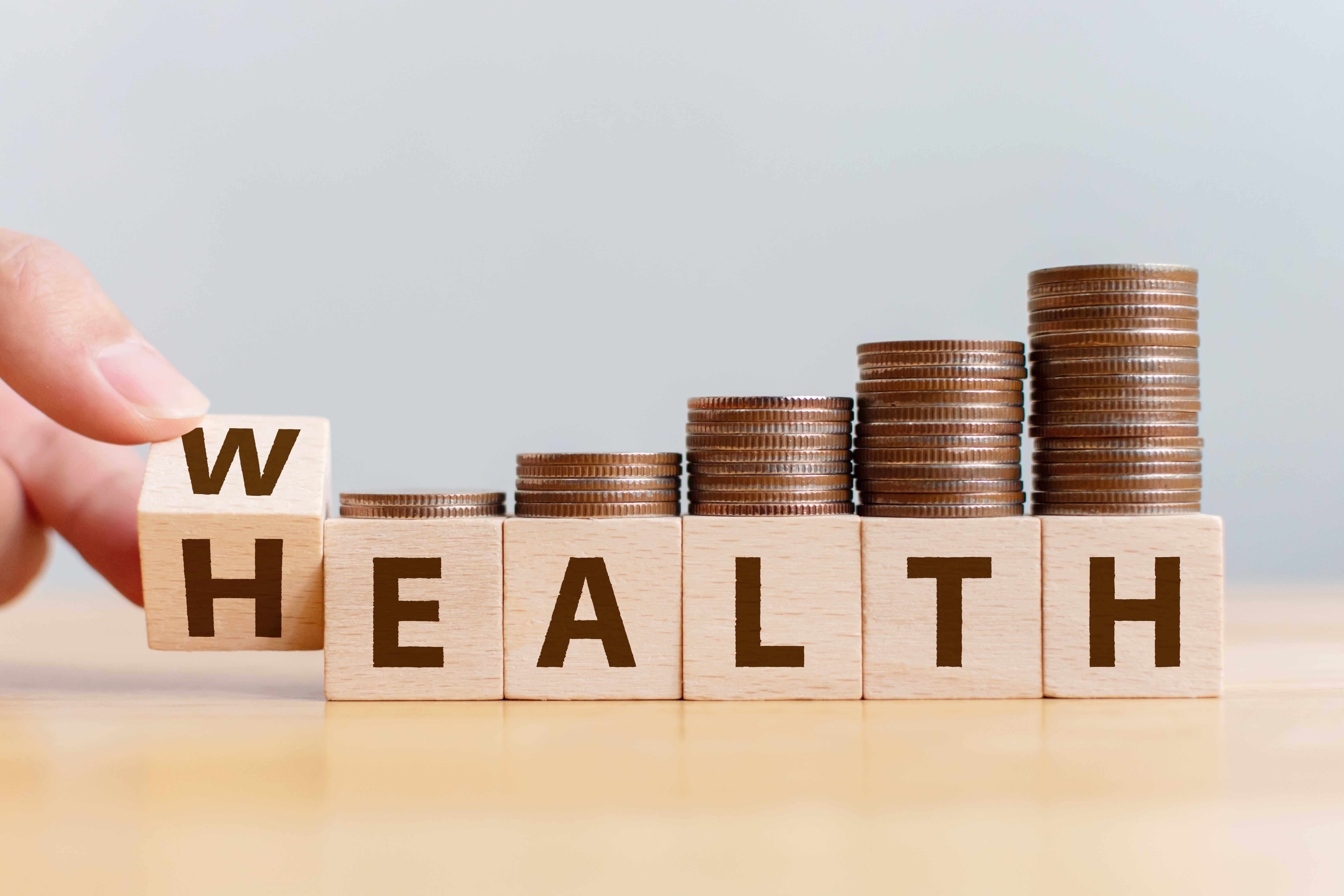Forget Cds, Even With Rates Over 4%. Here's Where To Put Your Money Instead

Image source: Getty Images
Certificates of deposit (CDs) got a lot of buzz in 2024 as yields spiked to their highest levels in over a decade. The best 1-year CDs currently offer an APY just over 4.00% -- a respectable return for a low-risk investment.
Looking for a secure place to grow your savings? See our expert picks for the best FDIC-insured high-yield savings accounts available today - enjoy peace of mind with competitive rates.
But CDs have drawbacks, and for most people, there are at least two better places to put your money.
1. A high-yield savings account
At the moment, the best high-yield savings accounts pay an APY of about 4.00%. That's pretty much the same as the best CDs.
Let's say you put $1,000 in a savings account with an APY of 4.00% and $1,000 in a 1-year CD with an APY of 4.20%. After a year, the CD will have earned you (drum roll) two whole dollars more than the bank account. So there's barely any difference when it comes to your returns.
On top of that, savings accounts are more flexible and convenient. You can withdraw money at any time, whereas most CDs charge a penalty if you cash them out before their term ends. This is why savings accounts are the best place to keep your emergency fund and any other money you might need within the next few years.
And when a CD's term ends, you have decisions to make. For example, you can withdraw the cash, move it to a different CD, or leave it up to your bank (most will automatically move the funds to a new CD). With savings accounts, you simply deposit money and watch it grow.
CDs do have one advantage over bank accounts: Their APYs are fixed, while bank accounts' APYs are variable and can change at any time. However, right now, the CDs with the highest rates also have the shortest terms, such as three months or six months. That means your high APY is not guaranteed for long.
Want to earn 4% or more on your savings? Check out our list of the best high-yield savings accounts to find your new bank and start saving smarter.
2. An S&P 500 index fund
High-yield savings accounts are a fantastic way to protect your near-term savings and earn a little cash. But for big, long-term goals like saving for retirement or buying a home in 10 years, most people need a higher return than they can get from savings accounts or CDs.
Investing in the stock market is one of the best ways for ordinary Americans to grow their wealth. Since 1957, the S&P 500 Index -- a collection of the biggest publicly traded companies in the U.S. -- has returned 10% per year on average.
Stock investing may seem risky and complicated, but luckily it's easier than ever. Thanks to index funds, you can invest in the entire S&P 500 with a single purchase. You'll have a diversified portfolio of successful companies -- no need to pick stocks on your own.
Let's see how the returns of a CD and an S&P 500 index fund might stack up over time. Future CD APYs and stock market returns are not at all guaranteed, so we're doing some guesswork here.
We'll assume that CDs yield 4% per year, while the S&P 500 returns 8% per year -- less than its historical average. Here's how much a single $10,000 investment would grow over time.
| Time Invested | CD (4% yield) | S&P 500 (8% yield) |
|---|---|---|
| Starting investment | $10,000 | $10,000 |
| 5 years | $12,167 | $14,693 |
| 10 years | $14,802 | $21,589 |
| 20 years | $21,911 | $46,610 |
| 30 years | $32,434 | $100,627 |
Even if it does worse over the next 30 years than it did in the last 30, the stock market could earn you a lot more money than a CD. And most of us will need high returns to save enough money for retirement.
Granted, the stock market will have low points. You may lose money over the course of a year or even five years. But over long periods of time, the stock market has earned incredible returns.
Want to get in on the stock market's high returns? Check out our list of the best stock brokers to open an account and start investing today.
CDs still have their perks
A CD is a safe investment. There's virtually no risk that you'll lose your money, given that your APY is fixed and your deposits are FDIC insured. And if you want to make your money harder to access so you're less tempted to spend it, then a CD might be worth it -- as long as you shop around for the best CD rates.
Otherwise, a high-yield savings account is probably the better place for short-term savings, while your long-term investments will likely grow faster if you invest them in an S&P 500 index fund.
Alert: highest cash back card we've seen now has 0% intro APR into 2026
This credit card is not just good – it's so exceptional that our experts use it personally. It features a 0% intro APR for 15 months, a cash back rate of up to 5%, and all somehow for no annual fee!
Click here to read our full review for free and apply in just 2 minutes.
We're firm believers in the Golden Rule, which is why editorial opinions are ours alone and have not been previously reviewed, approved, or endorsed by included advertisers. Motley Fool Money does not cover all offers on the market. Editorial content from Motley Fool Money is separate from The Motley Fool editorial content and is created by a different analyst team.The Motley Fool has a disclosure policy.


